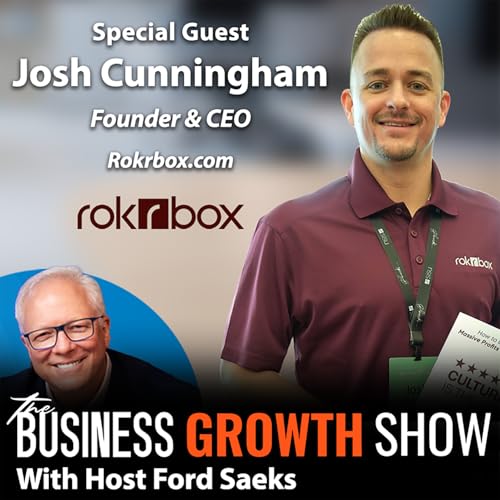Franchise leadership is about more than systems and structure. It's about vision, culture, and the ability to bring people together around a shared mission. At the heart of every thriving franchise brand is a leader who understands how to balance growth with purpose, and few embody that balance as well as Ally Van Iten, CEO of House of Colour USA.
Ally's journey began not in the boardroom but on the frontlines as one of the first franchise owners to introduce House of Colour to the United States. What started as a personal passion for helping others express themselves through color and style quickly grew into a nationwide movement. Her success as a franchisee, combined with her deep belief in the company's mission, positioned her to play a defining role in the brand's expansion.
Today, as the CEO of House of Colour USA, Ally leads a rapidly growing organization that continues to empower individuals through confidence and personal expression. Her path from franchise owner to CEO is a powerful example of franchise leadership in action—a blend of entrepreneurial spirit, adaptability, and purpose-driven growth.
Under her leadership, House of Colour USA has evolved into a recognized brand that brings together fashion, psychology, and empowerment. The company's focus on helping clients understand the science of color and style has built more than a business—it has created a community. Through education, training, and mentorship, Ally has fostered an environment where franchisees thrive, clients feel inspired, and the brand continues to grow with integrity.
Strong franchise leadership requires vision and resilience. It means understanding that growth is not only about numbers but about people. Ally's approach is rooted in connection and collaboration, encouraging her teams to bring their authentic selves to their work. She has learned firsthand that the most effective leaders are those who lead through listening, invest in others, and build systems that support both individual and organizational success.
The growth of House of Colour USA also underscores an important lesson for emerging franchise leaders: sustainable success comes from building a foundation that aligns purpose with performance. By prioritizing culture and empowering franchisees to operate with confidence, Ally has positioned the brand for continued innovation and expansion across the United States.
Franchise leadership is not just about running a business—it is about creating opportunity. For Ally, that means helping others discover their potential, whether through entrepreneurship or personal growth. Her journey serves as an inspiring reminder that great leaders don't wait for the perfect path; they build it, one decision at a time, with clarity, courage, and conviction.
Watch the full episode on YouTube.
Join Fordify LIVE every Wednesday at 11 a.m. Central on your favorite social platforms and catch The Business Growth Show Podcast every Thursday for a weekly dose of business growth wisdom.
About Ally Van Iten
Ally Van Iten is the CEO of House of Colour USA. She began her career as one of the first franchise owners to bring the company to the United States, later joining the corporate team to lead recruitment and expansion. Under her leadership, House of Colour USA has grown into a thriving national brand built on empowerment, education, and confidence. Her passion for connecting people and helping them show up as the best version of themselves continues to shape the company's vision and success. Learn more at HouseOfColour.com.
About Ford Saeks
Ford Saeks is a Business Growth Accelerator who has helped generate more than a billion dollars in sales worldwide, working with companies from start-ups to Fortune 500s. As President and CEO of Prime Concepts Group, Inc., he specializes in helping businesses attract loyal customers, expand brand awareness, and ignite innovation. Ford has founded more than ten companies, authored five books, and holds three U.S. patents. He is also recognized for his work in AI and marketing strategy, helping organizations use modern tools to drive engagement and results. Learn more at ProfitRichResults.com and watch his show at Fordify.tv.
 34 分
34 分 46 分
46 分 27 分
27 分 31 分
31 分 42 分
42 分 2025/11/0641 分
2025/11/0641 分 35 分
35 分 47 分
47 分
